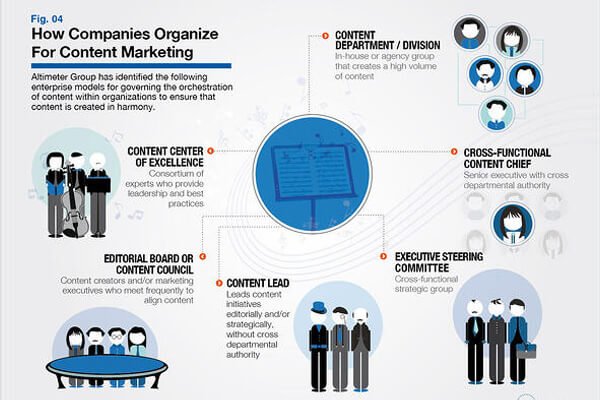In the rapidly evolving world of artificial intelligence, the European AI Act stands as a landmark legislative initiative. As an AI Expert and Enterprise Solution Architect, I’ve been closely following the development of this Act, its implications for AI providers and business users, and the global responses it has elicited. This comprehensive blog post delves into these various aspects, offering a holistic view of the Act’s potential impact.
The European AI Act: An Overview
The European AI Act is a groundbreaking piece of legislation proposed by the European Commission. It’s designed to create a legal framework for AI, ensuring safety, transparency, and respect for fundamental rights. Its development has involved rigorous discussions and amendments, focusing on practical implementation and the definition of high-risk AI systems.
The Four-Tiered Risk Framework
Central to the European AI Act is a four-tiered risk classification system for AI applications:
1. Minimal or No Risk: Applications like AI-powered video games or spam filters fall under this category, facing minimal regulatory constraints.
2. Limited Risk: AI applications like chatbots must ensure transparency to users, maintaining user trust without heavy regulatory burdens.
3. High Risk: AI systems in critical sectors like healthcare and transportation require stringent compliance requirements before deployment.
4. Unacceptable Risk: Certain AI applications, such as those that manipulate human behavior or enable ‘social scoring’ by governments, are prohibited in the EU.
Recent Developments and Discussions
Recent weeks have seen active debates in the European Parliament and among member states, particularly around high-risk AI systems and regulatory oversight. The iterative process of integrating feedback from various stakeholders is crucial for a balanced and effective final regulation.
Expert and Political Perspectives
Experts and politicians have voiced varied opinions:
– Experts: Some commend the Act for its balanced approach, while others caution against potential over-regulation.
– Politicians: European policymakers generally support the Act, although there are debates regarding its potential impact on innovation and small businesses.
Global Responses and Comparisons
Company Reactions:
– Major tech companies are aligning their AI development processes with the Act, while startups express concerns about compliance costs.
International Perspective:
– The US and other countries are closely observing the Act. The US, lacking a federal equivalent, sees a mix of admiration and concern among experts and policymakers.
Conclusions from an Expert’s Lens
– Balancing Innovation and Regulation: The Act presents a challenging yet necessary balance between fostering innovation and ensuring ethical AI development.
– Global Influence: The Act’s success or failure will likely influence AI policy worldwide, potentially informing similar legislation in regions like the US.
– International Collaboration: AI’s global nature necessitates international collaboration in AI governance, with the European AI Act potentially serving as a template.
– Dual Focus for AI Providers and Users: The Act mandates a focus on both innovation and compliance, potentially leading to more robust and trustworthy AI systems.



